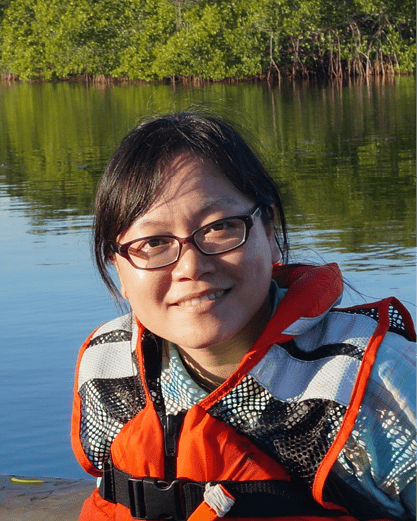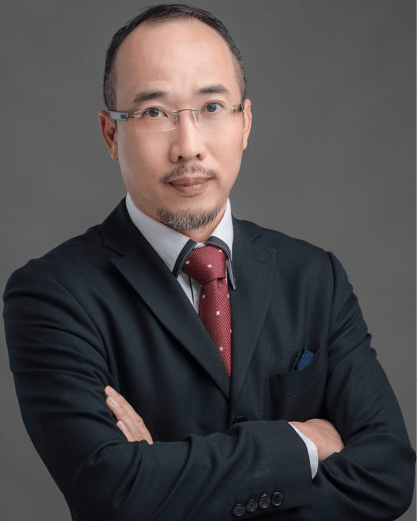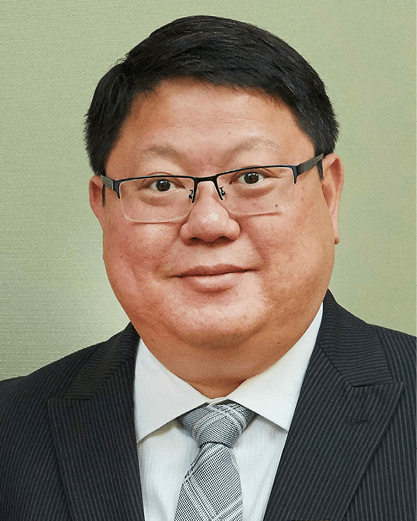Professor Terence Lau has dedicated over 20 years in technology and entrepreneurial ventures, especially in the research & development and commercialisation of innovative products. As the Interim Chief Innovation Officer of the Hong Kong Baptist University (HKBU), Professor Lau will strategically drive high-impact research, the translation and transfer of HKBU's cutting-edge innovations, as well as policy research in innovation and technology overall. He is also a Senior Advisor to the President and Vice-Chancellor and Honorary Professor of the School of Chinese Medicine.
Professor Lau started his career in a renowned Swiss-based multinational company, and was then involved in setting up biotechnology companies and has developed over a hundred products particularly in the area of biotechnology. He returned to the academia in 2013 and worked with various stakeholders to promote high-impact research, their translation and application through bridging the gap in technology readiness between academic inventions and real-life applications. Prior to joining HKBU, he was the Interim Associate Vice President (Innovation and Technology Development) at The Hong Kong Polytechnic University.
In light of his expertise, Professor Lau serves various advisory roles in the industry, government, as well as supranational bodies. He is currently a member of the Advisory Council on Food and Environmental Hygiene and the Expert Committee on Antimicrobial Resistance. He has also served in the Small and Medium Enterprise Committee, and many others related to intellectual properties, innovation and technology development, and food and agricultural development. He is the founder and Chairman of Food Safety Consortium, a charitable organisation which has become the first WHO/FAO Codex Alimentarius NGO observer from China. He has also been appointed as a committee member of the National Technical Committee on Biometrology of China since 2009. Professor Lau served as Advisor, Adjunct Investigator / Professor in a number of institutions and was a Senior Advisor to United Nations Office for Project Services (UNOPS). He is also the founding Chairman of the Board of the DISH Global Centre for Food Safety & Quality, a non-profit alliance to promote food related collaborations among EU – Hong Kong / China / Asia Pacific.
Professor Lau has co-authored a number of peer-reviewed scientific articles and is the co-inventor of a number of patents. He has also co-developed five Chinese National Standards and is the recipient of the Beijing Municipal Technology Award and Chinese Medical and Technological Award. Professor Lau has also been awarded the International Leadership Award by the International Association for Food Protection in the United States in recognition of his contributions to food safety.
Professor Lau graduated from The University of Hong Kong with an honours bachelor of science degree in Animal and Plant Biotechnology and subsequently received scientific training at Indiana University (Bloomington) and Stanford University School of Medicine in the US. He also received his Master of Philosophy degree in Biology from the Hong Kong University of Science and Technology, and PhD degree in Physiology from Peking University, China.
















